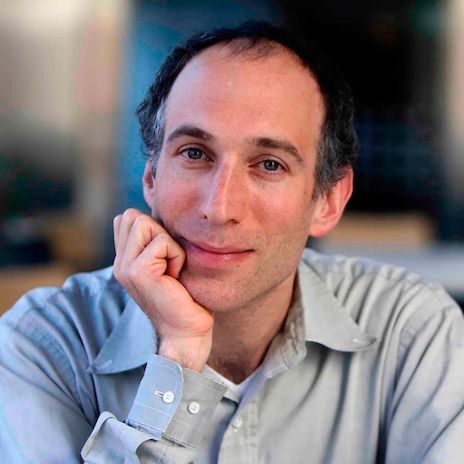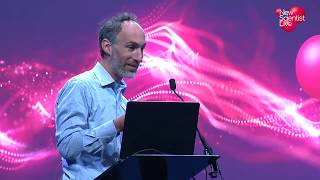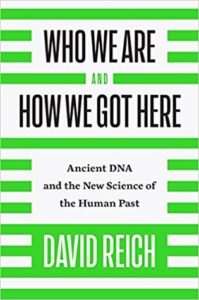
“I’d like to help midwife this explosive new field into something that is mature and fully integrated into archeology. One goal is to help generate a lot more data from understudied places in the world, especially outside of Europe, and to build an ancient DNA-based atlas of human migrations all around the world.”
David Reich is a geneticist and professor at Harvard University. He studies DNA and human population structures to make discoveries at the interface of biology and anthropology. Reich and his team combine their skills in molecular biology, computer science, math, bioarchaeology, and genetics to generate large-scale data from ancient DNA, which they mine to gain insights about human biology and disease. A major focus of their work has been the population genetics of risk factors for certain diseases. The team has also developed methods for analyzing data from modern and ancient DNA to learn about changing population structure and admixture events over time and to better understand the impact of selection on human evolution.
Reich was highlighted as one of Nature’s 10 for his contributions to science in 2015. He received the Dan David Prize in 2017, the NAS Award in Molecular Biology, the Wiley Prize, and the Darwin-Wallace Medal in 2019.
Reich received a BA in physics from Harvard University and a PhD in zoology from St. Catherine’s College in the University of Oxford. He joined Harvard Medical School in 2003.






